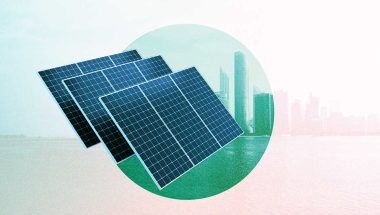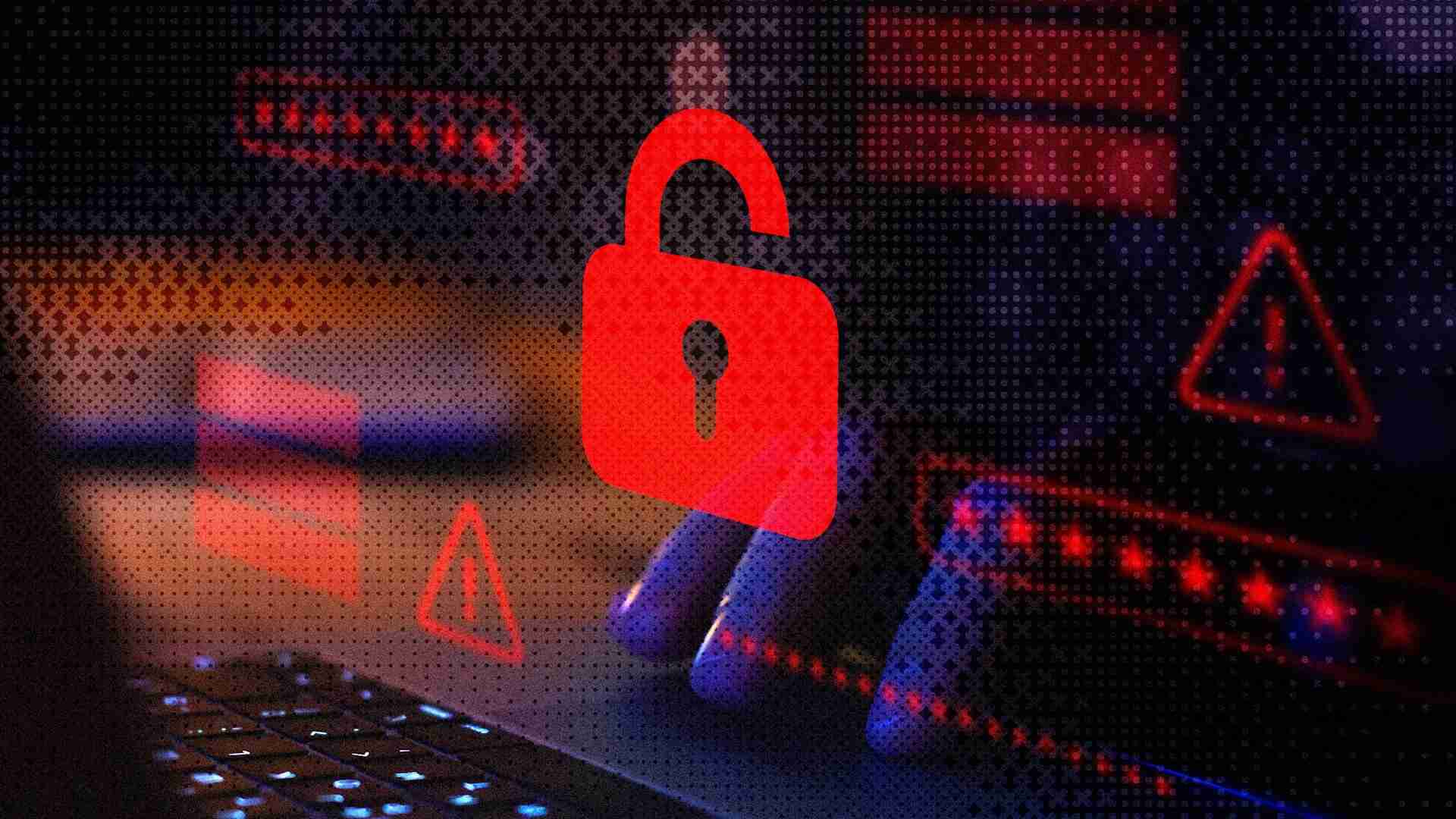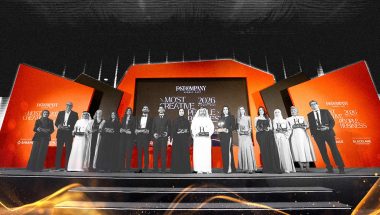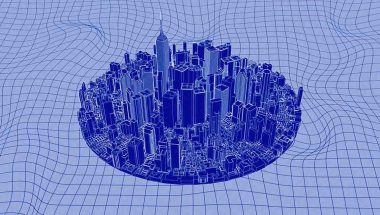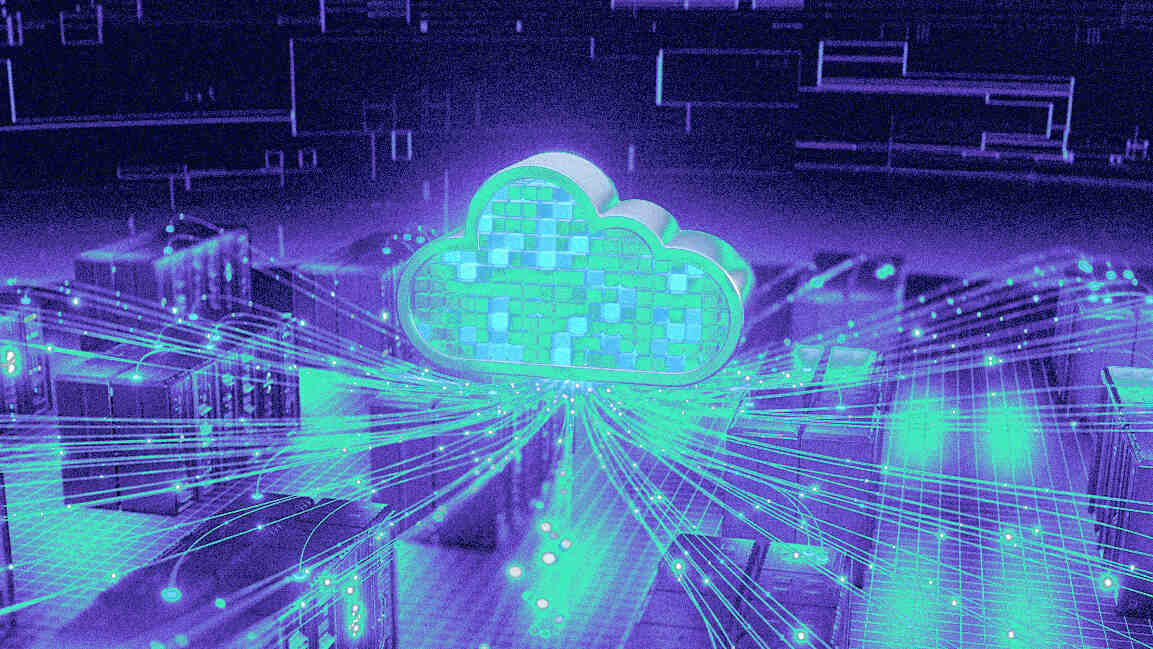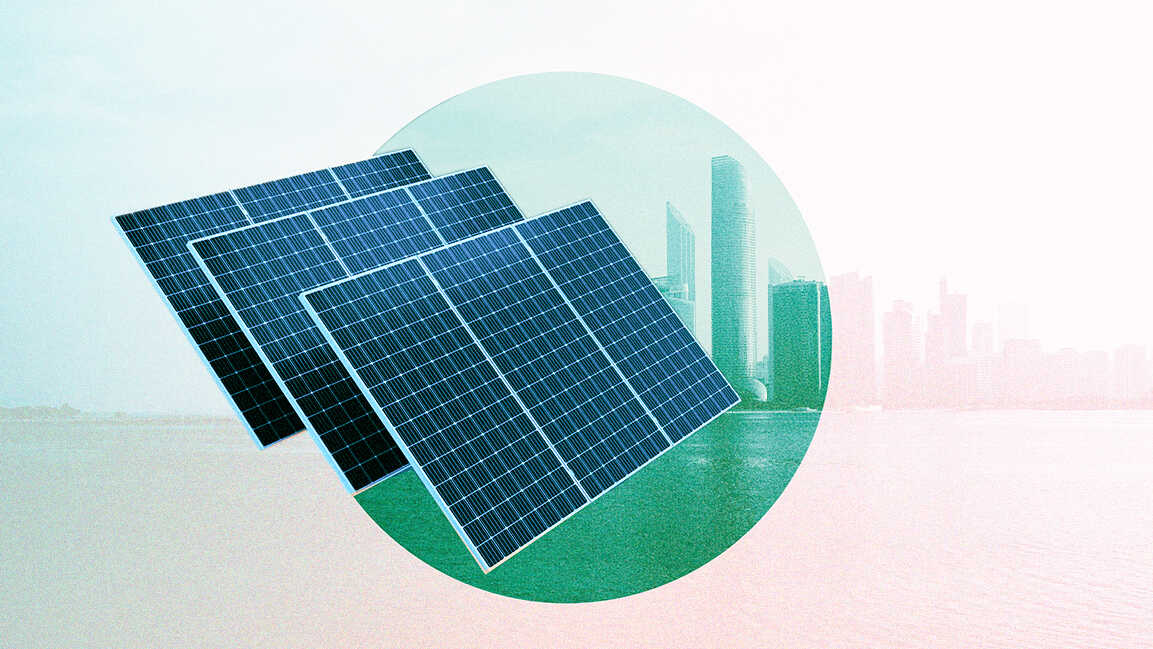- | 9:00 am
This is how blockchain can reshape the Middle Eastern real estate sector
Blockchain can revolutionize the industry by driving transparency, efficiency, and increased global investment opportunities
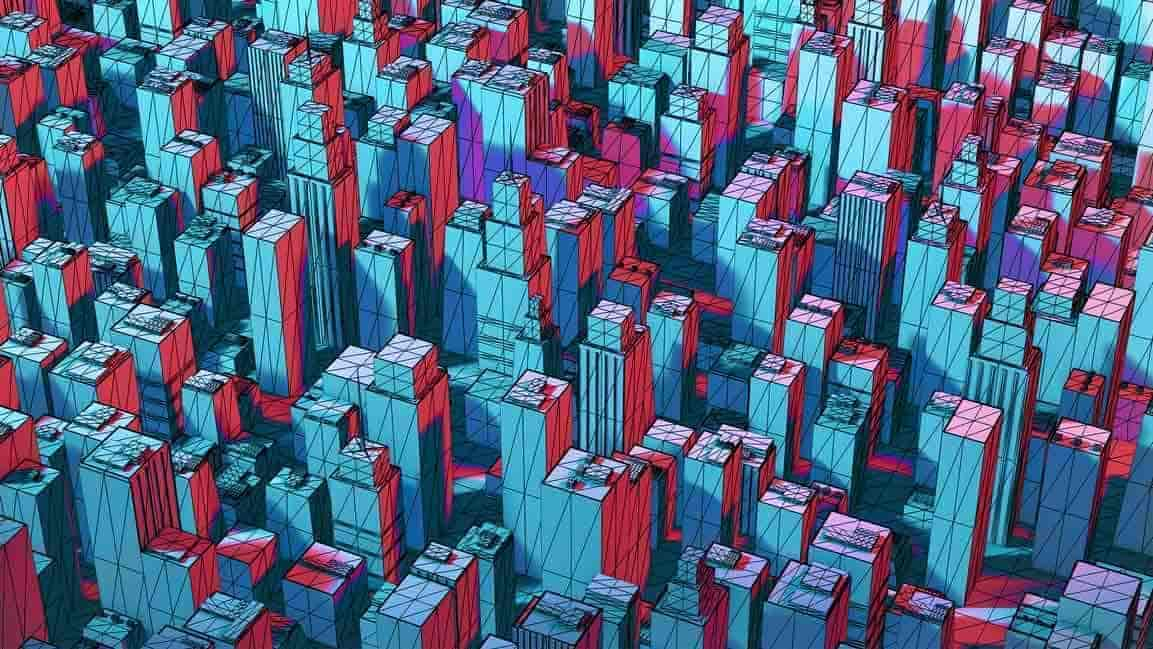
The Middle East, particularly the UAE, Saudi Arabia, and Qatar, is witnessing remarkable strides in real estate advancement. These nations are constructing sustainable smart cities, positioning themselves as global hubs for tourism, commerce, and innovation.
However, the region is still eager for expansion, with the Middle East real estate market projected to exhibit a growth rate (CAGR) of 5.30% during 2024-2032.
Fueling this growth is the industry’s widespread adoption of digital technology. However, the most transformative element of this digital shift might just be on the horizon: blockchain.
THE REAL (ESTATE) REVOLUTION
Nikhil Bansal, Founder and CEO at Apptunix, believes blockchain is revolutionizing real estate transactions in the Middle East by introducing transparency, security, and efficiency. “Through blockchain-based platforms, parties involved in real estate transactions can access a secure and immutable ledger that records all transaction details, including property ownership, contracts, and payments. This reduces the risk of fraud and dispute, streamlines the process, and increases trust among stakeholders.”
In the Middle East, real estate transactions are increasingly adopting blockchain-based tokenization. Property owners divide their assets into tokens, enabling buyers/investors to own fractions of the property offering investment opportunities in real estate.
The security and verification methods of blockchain make it easier to verify titles and property-related information, which is particularly beneficial in regions or areas where property rights are disputed or unclear.
“Plus, it blends AI and IoT, eases global investments with smarter decision-making, bringing the world closer together.”
“Blockchain is enabling new ecosystems that were not previously possible or were managed very inefficiently,” says Ali Safri, Chief Technology Officer at Avanza Innovations.
It is revolutionizing industries by enabling efficient ecosystems. One key area is the issuance of verifiable title deeds, safeguarding security in an age where AI can produce counterfeit documents. Additionally, the fractionalization of real estate allows investors to purchase small tokens representing property fractions, providing liquidity and diversification across properties and countries.
Smart contracts facilitate the transfer of property deeds to heirs upon the owner’s demise, adhering to legal requirements and country laws. Blockchain also simplifies the complex process of buying mortgaged property, fostering trust among buyers, sellers, and banks, while expediting transactions. Moreover, blockchain integration streamlines compliance with escrow laws for off-plan properties, enhancing trust and efficiency among developers, authorities, banks, and stakeholders.
Blockchain also facilitates secure and transparent property ownership and management by digitizing property records onto decentralized ledgers, says Erin Grover, a World Economic Forum Working Group for Carbon & Blockchain member. “This simplifies ownership verification, streamlines paperwork, and guarantees tamper-proof records, fostering trust among stakeholders while minimizing time and eliminating the need for real estate brokers.”
It also provides reliable digital records of property ownership and history, facilitating real-time updates and easy access to records, adds Omar Alkhazali, Chief Executive Officer at Palm Stays. Additionally, it enables smart contracts that can automate management tasks, making property management more efficient.
Moreover, tokenization enables fractional ownership, opening up investment opportunities to a broader range of investors says Jen Buakaew, Founder at To the Moon Lab. Overall, blockchain empowers stakeholders with greater transparency in regional property management.
AN INCREASED APPETITE FOR FOREIGN INVESTMENT
The potential of blockchain technology to increase foreign investment lies in simplifying the investment process and reducing risks. The transparency and security offered by blockchain alleviate concerns about fraud and property rights issues, attracting more foreign investors, adds Alkhazali.
Through tokenization, real estate assets can also be divided into digital tokens, allowing investors worldwide to participate in the market with lower entry barriers, believes Bansal. Additionally, blockchain-based platforms provide real-time access to property data and market insights, helping foreign investors make informed decisions and mitigate risks.
But Buakaew points out that recent surveys by Deloitte reveal that transparency and security issues have deterred foreign investors. However, blockchain’s transparent ledger system addresses these concerns, increasing investor confidence.
McKinsey & Company’s research indicates that smart contracts can reduce transaction times by up to 90%, streamlining processes and attracting investors. Additionally, the World Economic Forum’s findings highlight that tokenization enables fractional ownership, expanding the investor base. With these precise insights, blockchain is poised to drive substantial foreign investment, fostering growth and innovation in the Middle Eastern real estate sector.
BLOCKCHAIN-BASED TOKENIZATION
Arun Ramachandran, CEO and Founder at DeFi Technologies LLC, says blockchain is revolutionizing real estate transactions through various aspects, most importantly in the tokenization of assets, reduced transaction cost, and enhanced transparency. He believes tokenization can convert asset value into digital tokens managed via blockchain, ensuring decentralization, security, liquidity, and transparency.” In real estate, it enables cross-border investment and fractional ownership, attracting small-scale investors with transparency and global liquidity previously unattainable.”
Through tokenization, investors can buy and sell fractions of real estate assets without the need for intermediaries, such as brokers or lawyers, reducing transaction costs and increasing market liquidity, adds Bhansal. This opens up new opportunities for smaller investors to diversify their portfolios and gain exposure to the real estate market, ultimately driving innovation and growth in the region’s real estate sector.
For Alkhazali, blockchain-based tokenization could transform real estate investment by making the market more liquid and accessible. It allows real estate assets to be divided into tokens that can be easily bought and sold, increasing market liquidity and opening up investment opportunities to a broader range of investors.
Blockchain-based tokenization is poised to revolutionize real estate investing by fractionalizing property ownership. Through tokenization, investors can trade digital tokens representing fractional ownership of real estate assets, unlocking liquidity and democratizing access to high-value properties, adds Grover.
SUSTAINABLE AND GREEN REAL ESTATE
In the Middle East, numerous builders are adopting modern technologies such as IoT-based devices, AI, and blockchain to enhance their properties, says Bansal.
For instance, blockchain is utilized in buildings and modular real estate concepts to monitor and track energy consumption. Smart meters and sensors connected to blockchain networks enable data collection to improve energy efficiency in various areas. Additionally, blockchain plays a role in supply chain management for construction materials, ensuring they are energy-efficient, environmentally friendly, and sustainable. Many individuals and organizations already leverage blockchain in supply chain management to achieve these objectives.
Real estate tokenization also offers several other advantages for green real estate projects, believes Safri. By allowing off-plan projects crowdfunded via tokenization, funds can be easily sourced from smaller investors.
This facilitates faster funding and enables investors to own a portion of the developer’s real estate later on. Consequently, this streamlined process promotes increased investment flow into green projects, accelerating their development and impact.
Real estate tokenization also simplifies investment processes by reducing paperwork and inefficiencies. With smaller bill sizes, instant liquidity, and regular income streams, it attracts more investors to this asset class. This increased investment helps support green initiatives by addressing inefficient practices.









